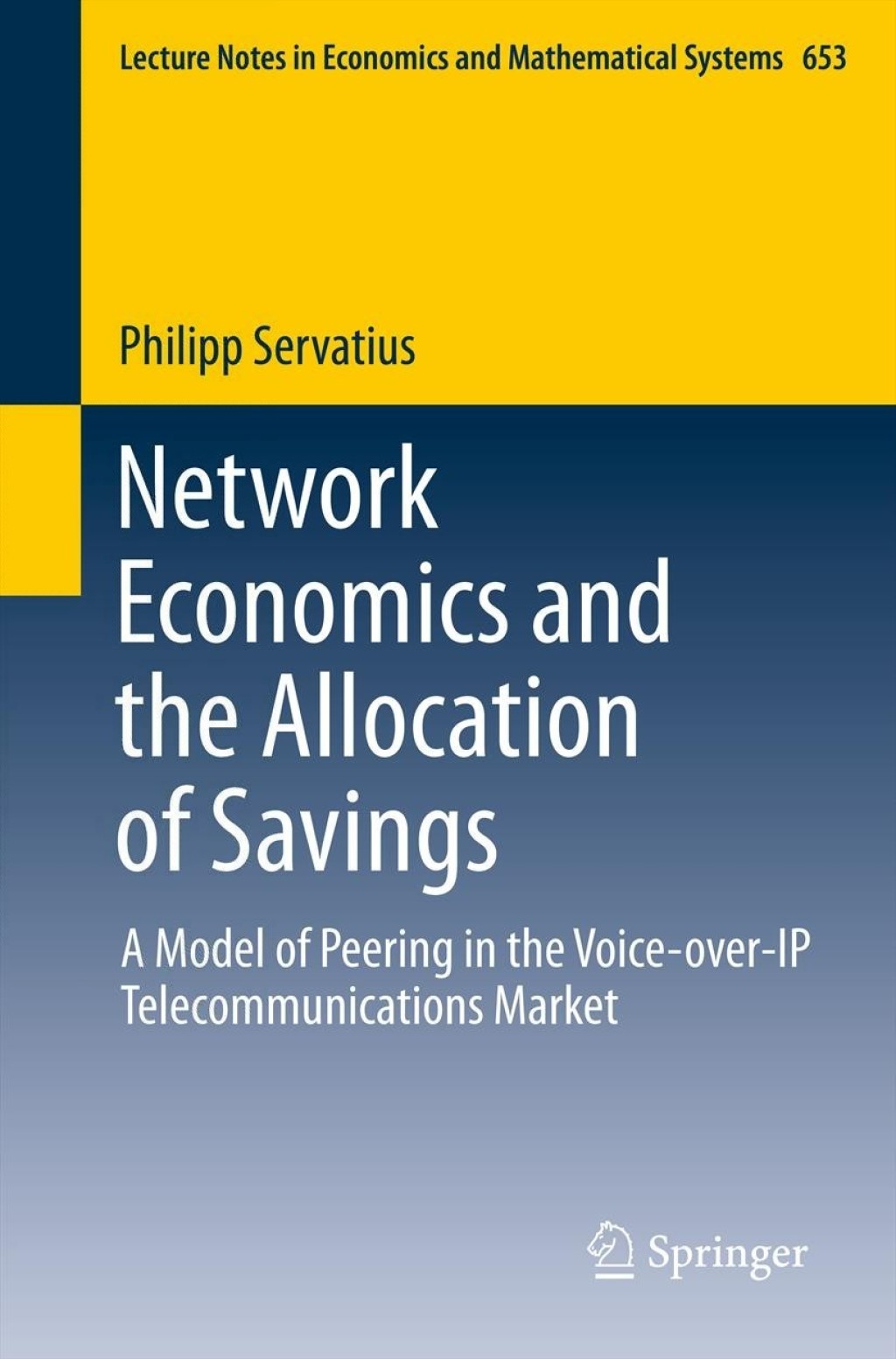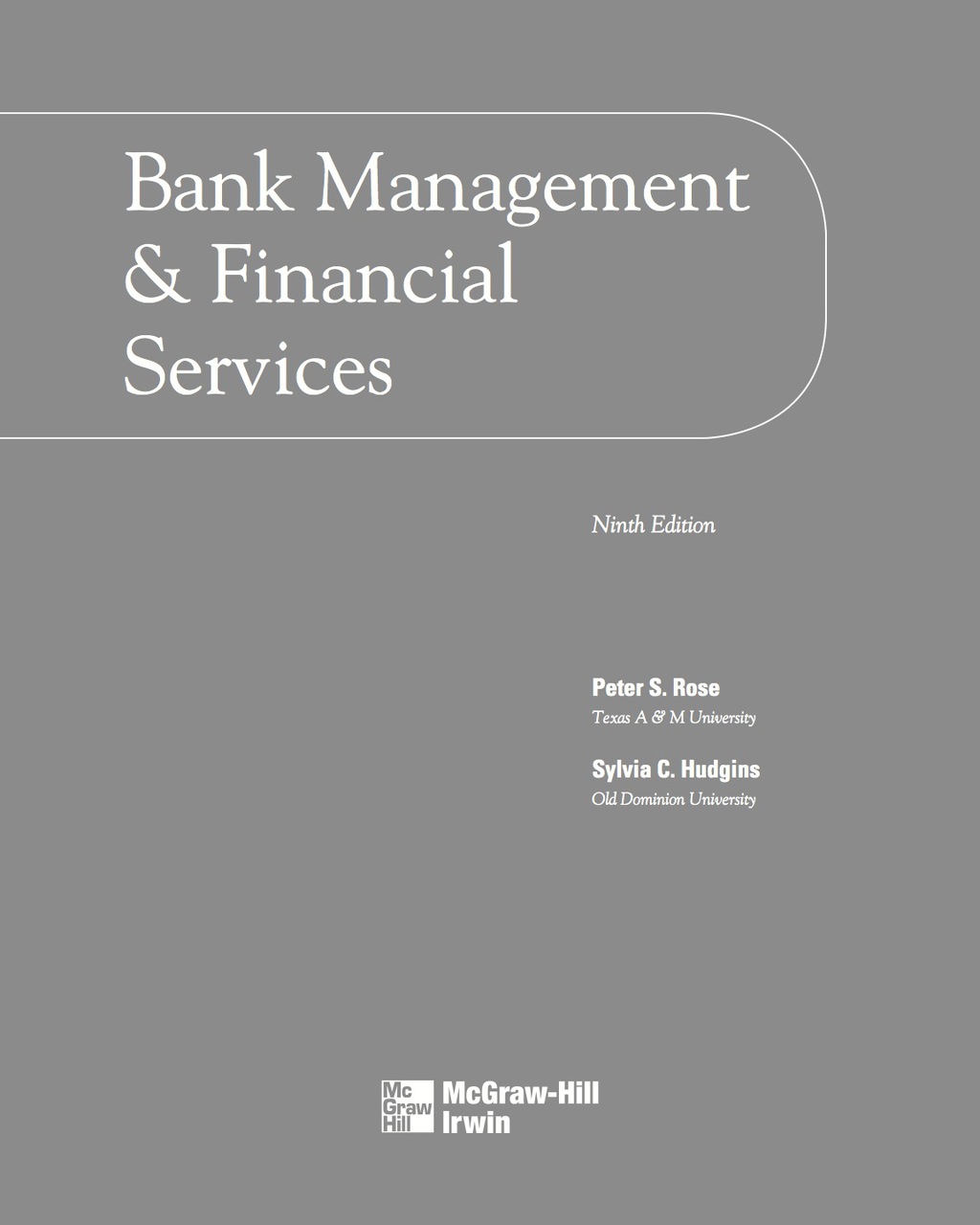Description
This book provides a game theoretic model of interaction among VoIP telecommunications providers regarding their willingness to enter peering agreements with one another. The author shows that the incentive to peer is generally based on savings from otherwise payable long distance fees. At the same time, termination fees can have a countering and dominant effect, resulting in an environment in which VoIP firms decide against peering. Various scenarios of peering and rules for allocation of the savings are considered. The first part covers the relevant aspects of game theory and network theory, trying to give an overview of the concepts required in the subsequent application. The second part of the book introduces first a model of how the savings from peering can be calculated and then turns to the actual formation of peering relationships between VoIP firms. The conditions under which firms are willing to peer are then described, considering the possible influence of a regulatory body.










